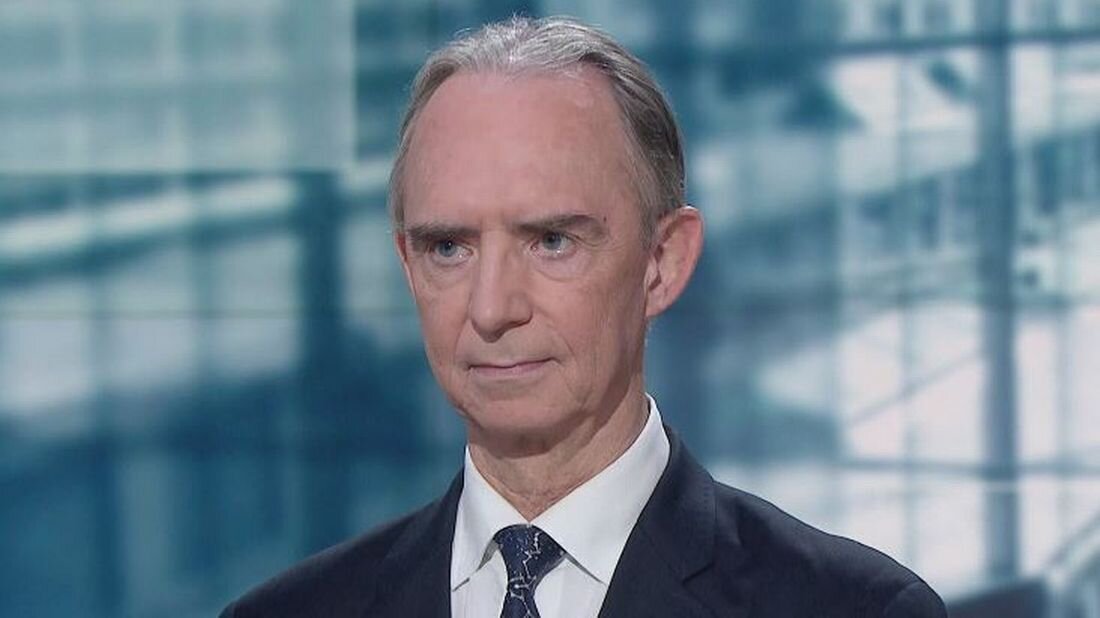AhlulBayt News Agency (ABNA): The European Troika – the UK, France, and Germany – has reimposed UN sanctions against Iran, claiming to defend the non-proliferation regime. Iran denounced this move as a blow to diplomacy, emphasizing that it has always supported and adhered to the principle of dialogue and negotiation, but will not bow to Western pressure.
In this context, Marc Finaud, Senior Advisor at the Geneva Centre for Security Policy (GCSP) and former spokesperson for the French Foreign Ministry, discussed with ABNA the reasons and implications of the activation of the snapback mechanism for Iran and the wider international community.
ABNA: What is the reason for the Iranian delegation’s failure, during its stay in New York, to reach an agreement with the European Troika on preventing the activation of the snapback mechanism?
Finaud: It is difficult to answer this question with certainty. One explanation could be that the Europeans, who launched negotiations in 2003 that led to the 2015 nuclear deal (JCPOA), have grown disappointed because they failed to prevent the escalation of tensions between the U.S., which triggered the current crisis by withdrawing from the JCPOA in 2018, and Iran, which in response to the reinstated U.S. sanctions gradually suspended key provisions of the deal starting in 2019.
Unlike the United States and Israel, which have taken direct action against Iran’s nuclear program, the Europeans expressed concern about Tehran’s lack of transparency regarding its highly enriched uranium stockpiles, the suspension of IAEA inspections, and the absence of talks with Washington. They therefore invoked Iran’s alleged “significant non-performance” and, relying on IAEA reports, appealed to the United Nations Security Council.
ABNA: The Iranian Foreign Minister said that an agreement had been reached with the European Troika to extend the snapback mechanism, but that the United States opposed and blocked it. How can this be interpreted?
Finaud: It remains unclear whether a complete agreement was reached between the Iranian Foreign Minister and the Europeans. The likely reason is a lack of time to discuss the precise terms of such a complex understanding. In any case, since the United States was unable to trigger the snapback mechanism after leaving the JCPOA, it pressured the Europeans to do so. The Europeans may have hoped, as before, that satisfying Trump’s administration could contribute to a diplomatic breakthrough, and perhaps even facilitate a ceasefire in the Gaza war.
ABNA: What impact will the reimposition of sanctions against Iran, following the activation of the snapback mechanism, have on the country domestically and on the European Union?
Finaud: This issue will become clearer after the JCPOA’s expiration on October 18. Naturally, the reinstatement of previous UN sanctions will affect Iran’s nuclear and missile programs, though it will not necessarily impact its oil and gas exports, which are already subject to unilateral U.S. and EU sanctions.
Since 2018, Iran has developed methods to reduce or neutralize the effects of sanctions, particularly through expanding barter trade with Russia and continuing oil and gas sales to major buyers such as China and India.
As for the European Union, the return of sanctions will undoubtedly have the opposite effect, as it will discourage European companies from trading or investing in Iran for fear of renewed U.S. secondary sanctions. Moreover, if negotiations between the United States and Iran had succeeded, the Trump administration might have sought to exploit the lifting of sanctions to marginalize the European Union in competition over Iran’s market.
ABNA: How does the lack of independence among European countries in decision-making, and their dependence on the United States, whether in relations with Iran, their failure to adhere to the nuclear deal, or in the war in Ukraine, negatively affect European society?
Finaud: It is true that Europe’s dependence on the United States has never been greater, whether due to the trade war initiated by Trump, Washington’s demands that Europe boost its military spending by purchasing more American equipment, or the U.S. desire to shift the burden of the Ukraine war onto European shoulders. However, if Europe comes to realize that it can no longer rely on the U.S. for its security, it will undoubtedly strive for greater independence.
ABNA: How do you assess the future political developments concerning Iran? Is there any chance for a successful diplomatic process, or is a new conflict on the horizon?
Finaud: Judging by realities, we should expect that a peaceful diplomatic solution based on mutual concessions will eventually emerge. However, as we know, in every camp there are hardliners motivated only by confrontation, power politics, and military pressure. That is why it is essential for civil society in all relevant countries to mobilize in favor of peaceful and multilateral solutions.
**************
End/ 345
